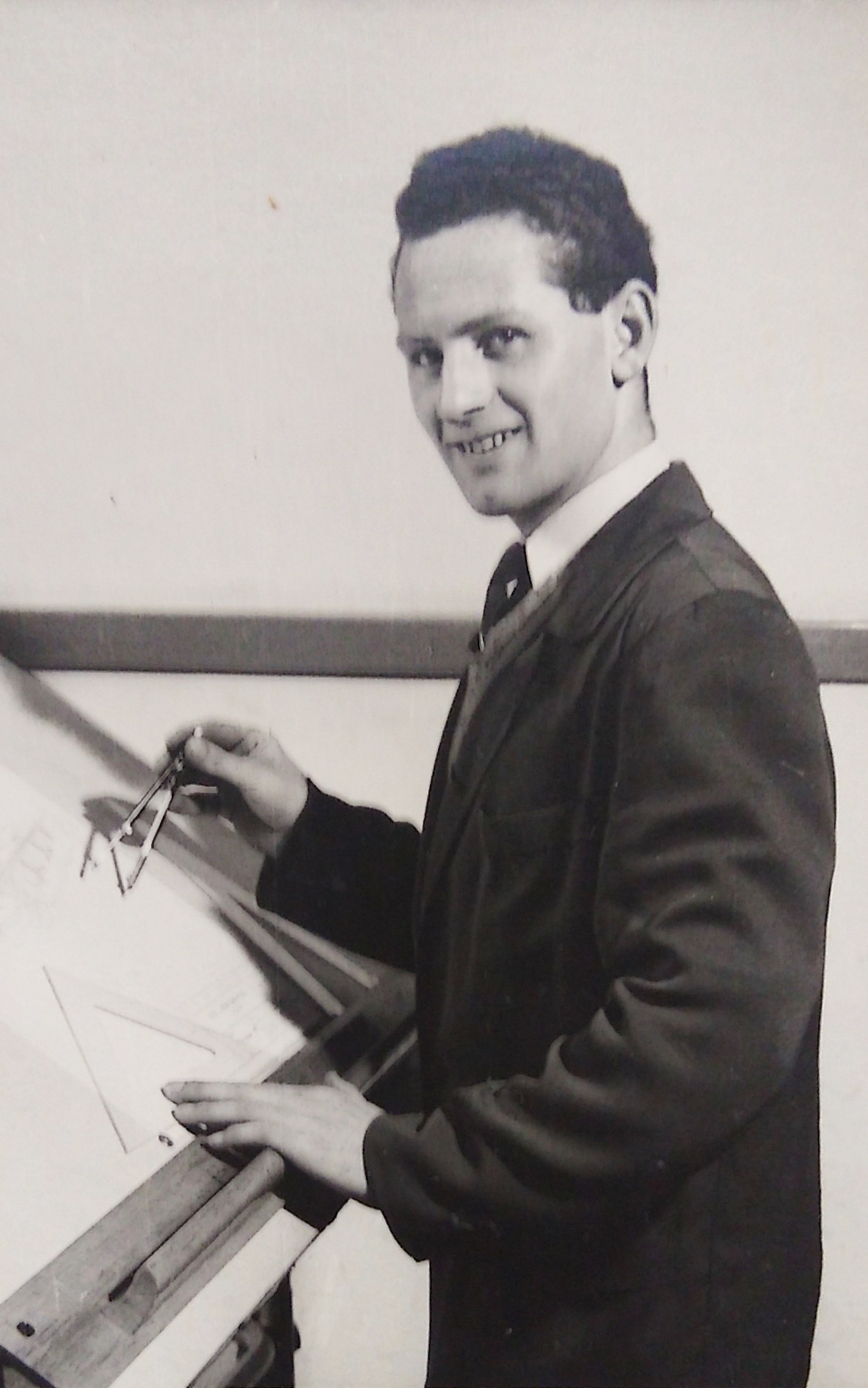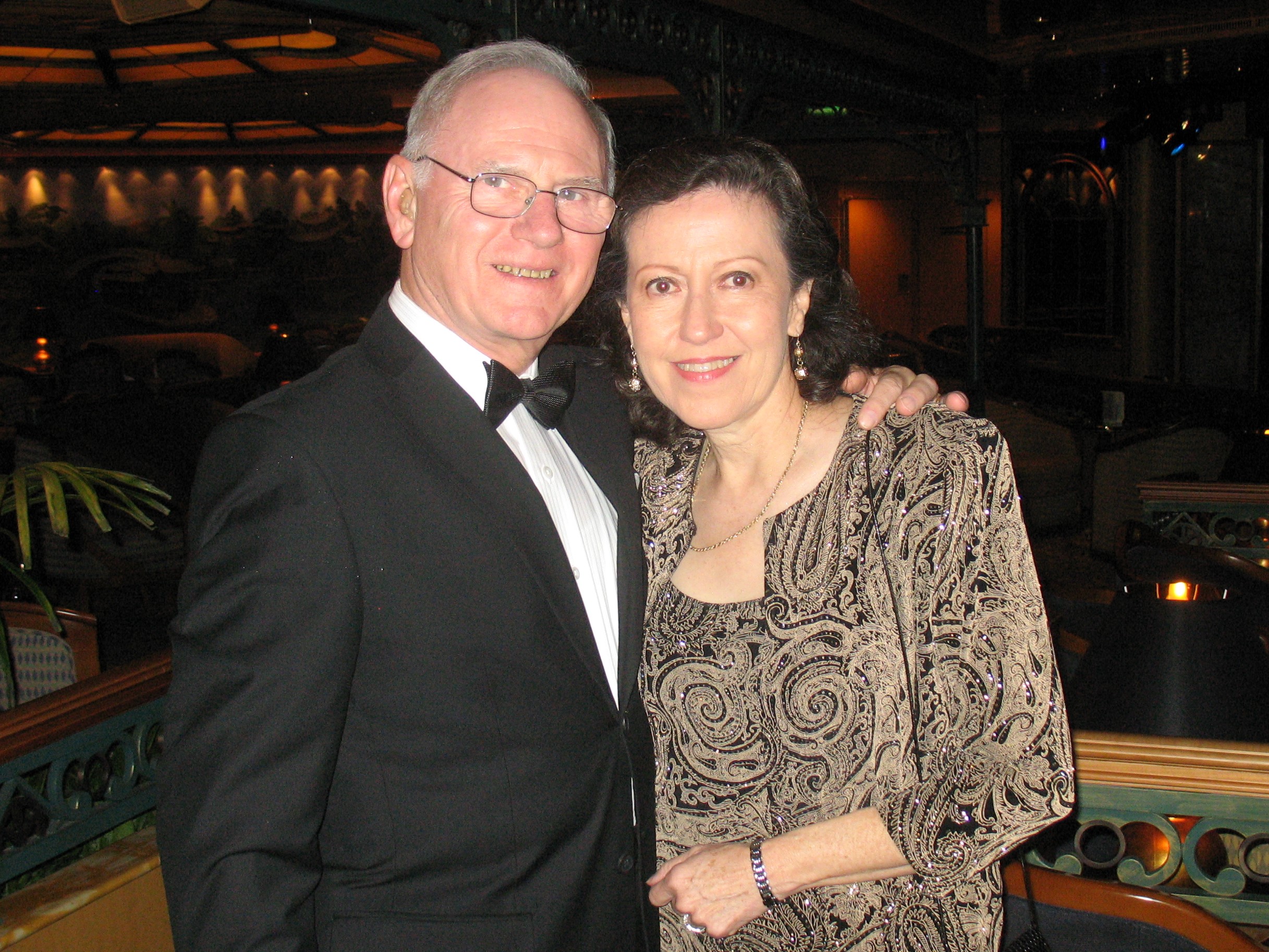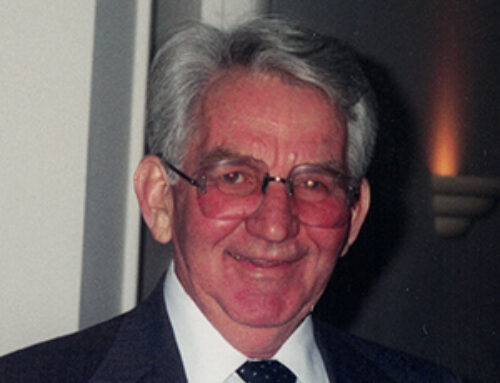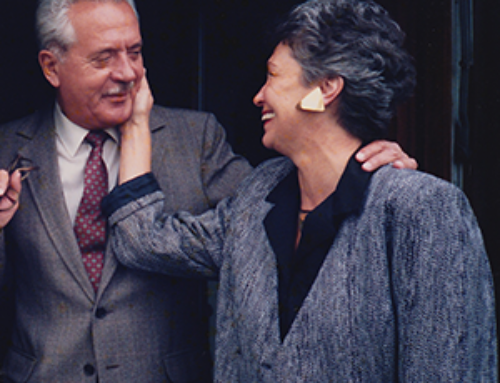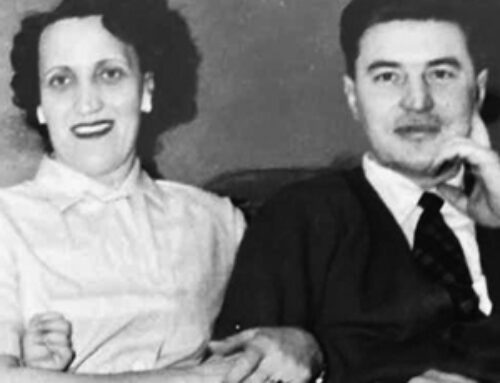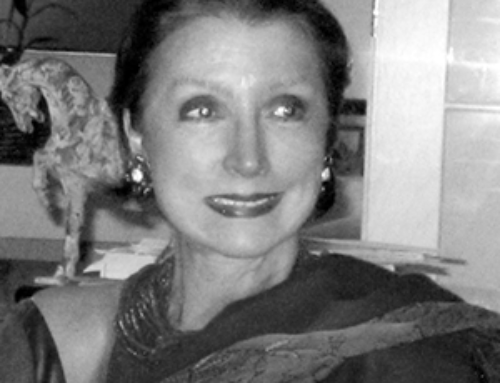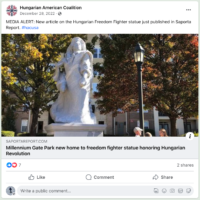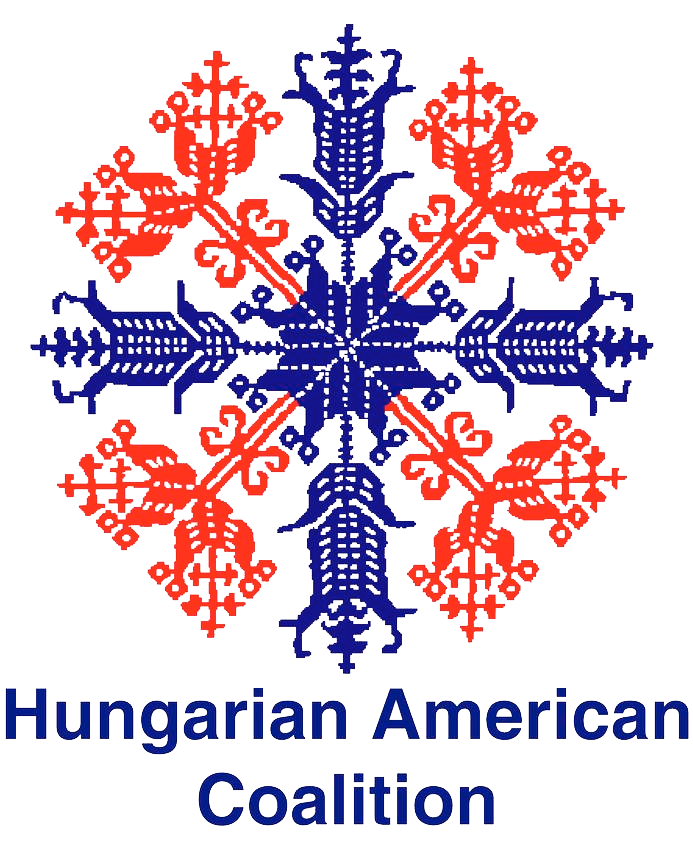Lajos Macsotai and Family *
My name is Macsotai Lajos. Born in the mining town of Tatabanya, Hungary in 1939. My father Macsotai Lajos was working for the local church when he was recruited into the Hungarian military, which was controlled by the German army. He was taken to the Russian front to fight and in the winter of 1942 was declared missing after a battle at the Don River. I was only three years old. The German Army was loosing the war, the Russians invaded Hungary, including our home by the end of 1943.
My dear mother and sister and I struggled throughout the second world war, narrowly escaping the brutality of the Russian soldiers, who wanted to take her away. We had to hide in the local coal mines to take protection from bombing and from the Russian soldiers. I finished my basic education in Tatabanya. My mother encouraged me to go to the teacher’s college in Esztergom, Hungary where I completed two years.
October 23,1956 changed everything. The revolution in Tatabanya hit home a day later. We went to the streets protesting openly with some fear, yelling “Ruszkik Haza” meaning “Russians go home”; knocking down red stars, and disabling the police station, where we found no resistance. We celebrated our freedom thinking the Russians had left our country. The freedom was short lived. On November 4, 1956 the Russians returned with a thousand tanks and fresh forces. The old regime started the search of the protesters. Our neighbor’s son was arrested. Two of my friends and I decided to leave the country while we could, for fear of being arrested and made a plan in total secrecy from our families.
Early morning on November18th, we started bicycling towards the Austrian border. It took us almost two days going through small villages to reach the border at the Fertő Tó Csatorna (The Drainage Canal to the Fertő Lake), because the mayor roads were controlled by the Russian and Hungarian military. The bridge across the canal had been blown up. We crossed the canal over an iron pipe that was crossing the canal, carrying our bicycles on our shoulder. There was a lookout tower ahead of us. At that point we had only three choices, go into the swamp to our right, go ahead, or turn back. We chose to go ahead facing the soldiers at the lookout tower, not knowing if they were Russian or Hungarian border guards. To our luck they were young Hungarian border guards playing cards. Our bicycles were taken by the border guards, a small price to pay for our freedom. We continued with only the clothes on our backs, not knowing what would happen next. We walked to our freedom into Austria on November 19,1956 early evening.
We had lost a lot, our country, family, citizenship, culture. We gained freedom and a new way of life. We could choose what part of the world we wanted to live. After receiving us with a warm welcome at the border, we were transferred to Eisenstadt, Austria into a refugee center to process us to our country of choice. Our selection was The Netherlands. The reception at the Dutch border was emotional with the Hungarian Hymn being played by a live band and lots of people waiving at us with a smile.
By December 5th, 1956 we arrived at the city of Utrecht, The Netherlands. The next day after breakfast the Dutch authorities asked us to decide what we would like to do, work or study. My friends decided to work I decided to study. That was a major decision that separated us immediately. They put me in contact with Dr. Szirmai Zsolt, a Hungarian professor at the University of Leiden teaching Eastern European Rights, and also handling Hungarian student matters in The Netherlands. Dr. Szirmai put me in contact with an American elderly couple who would give temporary food and shelter to a young Hungarian student.
Not being able to follow the classes due to language barrier, I was advised to go to a technical school of Mechanical Engineering.
Being away from home, family and alone, home sickness was my daily companion. The best medicine was to work and study.
After five years of working during the day and studying at night in the technical school of Mathesis Scientiarum Genitrix in Leiden, The Netherlands I received my diploma in 1962. At the same time I learned Dutch, English and German languages that were required at the school. The world opened up for me. During my study and work on some short vacations I was able to travel to several Western European countries.
The American couple who welcomed me to their home, were ready to retire and go back to the USA, specifically to Puerto Rico. I thank them for their great support and guidance. Our relationship did not end, they asked me if I wanted to join them in Puerto Rico, USA.
They started the process by a written invitation. After a year and a half in May 1966 I arrived in Puerto Rico, where a job was waiting for me based on my education and experience in my job in The Netherlands.
In my first job in Puerto Rico I met my dear wife Sonia at the workplace. After a year and a half dating we married in December 1968. Later I was working in construction as a Project Manager. At times working overseas was required in St. Croix US Virgin Islands, Florida, and Nigeria West Africa. After finishing the project in Nigeria the company assigned me to a project in Kuwait in the Middle East. We decided to move to the mainland USA in 1976 to Atlanta, Georgia and stop traveling for work. I am now retired from Sears Holdings Corporation, formerly Kmart Corporation after working 25 years as a Plant Engineer.
We are blessed with three children of whom I am very proud of. My oldest son Noel is an Aeronautical engineer at GE in Cincinnati, OH. My middle daughter Christine is a Biologist working for a laboratory in Atlanta, GA. My youngest daughter Diana is a Senior Vice President working for a Real Estate Management firm in Seattle, WA. Our son Noel and his wife Susan expanded our family with two beautiful grand sons.
We were able to establish a home, educate our children, travel the world and go back to my beloved Hungary.
This is what freedom and hard work and this country have given us. After amnesty was given to the Hungarians who left during the Revolution, I was able to return in 1972 for the first time with my family and have made frequent visits since then back to my roots. I have also applied and regained my Hungarian citizenship.

